Website | Compiled by SedNet Secretariat | Subscription Service: SedNet Secretariat | Previous Issues
Disclaimer: SedNet is not responsible for faults due to incorrectness of info in this newsletter
This Newsletter contains the following items:
1. SedNet 20-year anniversary!
2. The Sednet Working Group on ” Sediment in a Circular Economy” is happy to invite you to its sixth meeting (WGCE6)
3. SedNet Pledge – Call for endorsers
4. WFD CIS Sediment document nearly there
5. Paper: ” Benthic Foraminifera as Environmental Indicators in the Mediterranean Marina Caves: A Review ”
6. Zero Pollution Stakeholder Platform
7. PROMISCES Project
8. SIMONA Project
9. NaCC Supporters Newsletter January 2022
10. Flyer for JNGCGC2020
11. SedNet Secretariat
Item 1. SedNet 20-year anniversary!
SedNet officially started as a European Commission funded project in the year 2002. Later this year we intend to mark our 20-years anniversary with something special, which we will keep as a surprise.
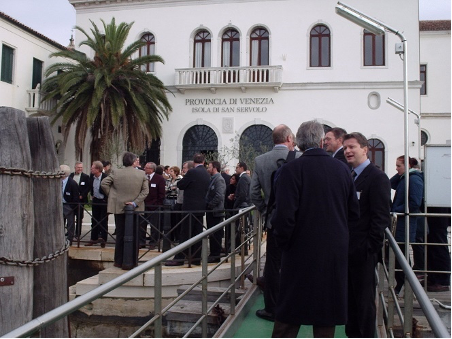
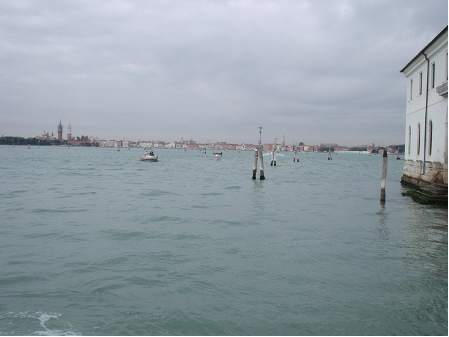
Venice, San Servolo island: the home base of SedNet in 2002-2004
And this is how it all started:
In April 2000 the GKSS Research Centre and the Technical University Hamburg-Harburg organized a workshop in Geesthacht in Germany on scientific aspects of evaluating and implementing bioassays into decision-making frameworks for dredged material management. As a spin-off from the workshop the idea was born to initiate the European Sediment Network SedNet. It was planned to be driven by stakeholder (port authorities, river quality managers) demands and to focus on the dissemination of knowledge, reviewing research needs (problem catalogue) as well as on applied research solving actual problems.
In 2000 the European Commission launched a call for projects under their 5th Framework Program for research, technological development and demonstration. Proposals for establishing Thematic Networks were welcomed on the topic “Abatement of water pollution from contaminated land, landfills and sediments”. The proposal entitled “Demand driven, European sediment research network (acronym: SedNet)” addressed this topic and was evaluated positive and granted. The evaluation summary report on the SedNet proposal stated: “The proposal is innovative in that it focusses on sediments relevant on water quality and that it will treat the topic on a transboundary catchment scale. A strong point is that a common platform is suggested for problem owners, problem solvers and regulators. The project is clearly of European relevance (regarding community added value and contribution to EU policies). The project should be beneficial to the quality of life by enhancing water quality and minimizing environmental pollution. The project’s outcomes will contribute to EU technological progress by dissemination of optimal solutions to environmental issues. There are possibilities of co-ordination and complementary activities with other European networks, but this network should be kept as separate entity.”
The 3-year, European Commission funded SedNet project (EVK1-CT-2001-20002) started 1st of January 2002 and it had the following project summary: “Sediments mainly got local attention of water managers confronted with manmade sediment-traps, especially when associated contamination poses an environmental or human risk. More and more managers, port authorities and researchers express the need to exchange, at least at river basin level, these local experiences and to develop sediment management guidelines based on a multidisciplinary, coordinated and harmonized approach. Thus, opposing to the scattered responsibilities for sediment management and to the scattered development of knowledge. Due to the trans-boundary nature, no single water manager or country has the responsibility for solving sediment management problems at river basin level. SedNet will provide an international platform to facilitate information and knowledge exchange and to produce a joint document, containing recommendations and guidelines for integrated, sustainable management of sediment, from local to river basin level.”
Between 2002 and 2004 more than 130 members subscribed to the network, simply by expressing their interest to the SedNet project coordinator to engage with SedNet. In that same period scientific, policy and management aspects of contaminated sediments and dredged material were addressed in 17 workshops and 3 conferences. Europe’s leading scientists and major sediment managers contributed to these activities.
The results were summarised in the SedNet booklet “Contaminated sediments in European River Basins”. The comprehensive results were published by Elsevier in four volumes in the book series “.
SedNet continued after 2004 as fully independent and self-supporting network aimed at incorporating sediment issues and knowledge into European strategies to support the achievement of a good environmental status and to develop new tools for sediment management.
Item 2. The SedNet Working Group on ”Sediment in a Circular Economy” is happy to invite you to its sixth meeting (WGCE6)
For those of you who are not yet members, our objective is to continue and develop the exchange of information on Beneficial Uses of Sediments – same topic as the successful Circular Economy sessions of the recent SedNet conferences – and to hold as often as possible physical meetings with site visits of beneficial use case studies. We are also involved in the elaboration of a White paper on Circular Economy and Beneficial Use of Sediments.
The participation to WGCE is free of charge.
Please send an e-mail to the Secretariat to join and receive further news about this online working group meeting.
Event Details
Location: Online
Date: 24-02-2022
From: 14:00 till 17:00 hours
Invite by the Sediment in a Circular economy steering group:
Agenda
14:00 Welcome and introduction for new members
14:30 Recent publications on sediment reuse by other sediment related groups (PIANC and CEDA)
15:00 Progress with regard to SedNet CE own white paper
15:45 Break
16:00 INTERREG SIMONA project: Can we improve sediment sampling protocols in relation to assessing the reusability of sediment?
16:30 Current and new initiatives undertaken by the participants (all present)
16:45 Next meeting, location and date, suggestions for site visit (assuming travel is possible in spring/summer)
17:00 Closure
Item 3. SedNet Pledge – Call for Endorsers
Already 34 companies have endorsed the COP26 Climate Change and Sediment Management Pledge. You can find the latest version here by clicking here on our website.
If you also want to endorse the Pledge, please contact the SedNet secretariat.
For more information please contact Jan Brooke.
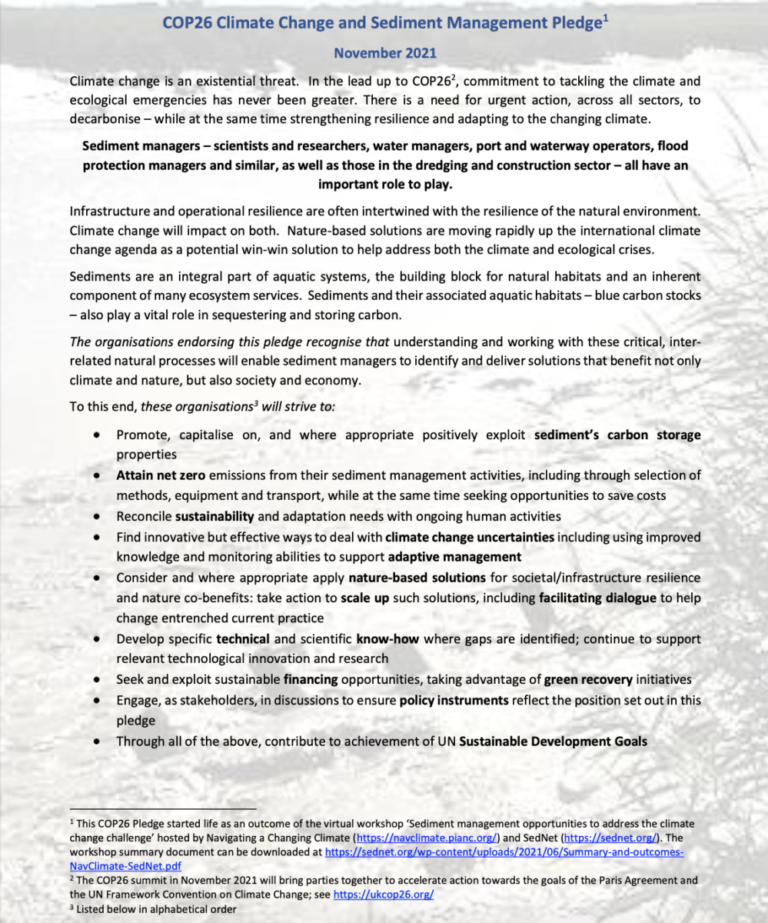
Item 4. WFD CIS sediment document nearly there
The Water Framework Directive (WFD) Common Implementation Strategy (CIS) working group (WG) on Ecological Status (ECOSTAT) – see scheme – felt that there was a need to conduct further explorations of the possible sediment management aspects related to WFD implementation. As a result, ECOSTAT worked with SedNet on the joint organisation of an ECOSTAT sediment workshop on 1-2 April 2019 in Dubrovnik, Croatia.
The workshop brought together WFD experts, sediment experts, ecologists, regulators and stakeholder group representatives with the aim of exploring and acquiring information a.o. about why sediment management is of relevance to the WFD. The key ECOSTAT sediment workshop outcome was consensus amongst workshop participants that there is a clear need to provide further guidance on how both sediment quantity and quality should be managed to support the achievement of the WFD objectives.
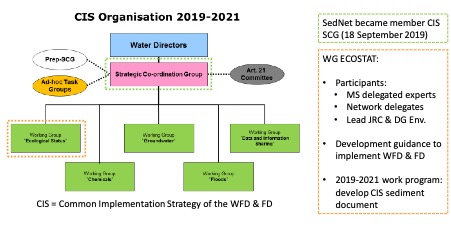
Following up on this need, ECOSTAT submitted a proposal to the WFD CIS SCG for the inclusion of sediment in the 2019-2021 ECOSTAT work programme and specifically for the drafting of a WFD CIS sediment document. That proposal was approved by the SCG and agreed that the decision about whether the document will be published as a CIS Guidance Document or as a Technical Report needs to be made by the SCG and the Water Directors.
The drafting of the document began in mid-2020 involving the Member States, EFTA countries, and other stakeholders including SedNet steer group members and the European Commission. The final draft is ready now and is entitled “Integrated sediment management Guidelines and good practices in the context of the Water Framework Directive”. The document is sent for final consultation and approval first by WG ECOSTAT in their meeting 23-24 March 2022 and second by SCG (meeting date not yet panned). Thereafter the document will be made publicly available.
Item 5. Paper: ” Benthic Foraminifera as Environmental Indicators in the Mediterranean Marina Caves: A Review ”
Recently there was a paper published on Geosciences related to “Benthic Foraminifera as Environmental Indicators in Mediterranean Marine Caves: A Review”
Please click here to read the paper.
Item 6. Zero Pollution Stakeholder Platform
SedNet is selected to become member of the Zero Pollution Stakeholder Panel (ZPSP). On the 16th of December there was the high-level launch meeting with presence of a.o. Virginijus Sinkevičius, European Commissioner for Environment, Oceans and Fisheries as well as Apostolos Tzitzikostas, President of the European Committee of the Regions. Click here for the agenda of the meeting.
As SedNet delegated member in this panel Jos Brils was given the opportunity to make a 3 minutes statement on:
• Expectations on the role of the Zero Pollution Stakeholder Platform.
• Suggestions for the work program 2022-2024 including contributions and commitments.
Please click here to read the statement.
For more information contact Jos Brils.
Item 7. PROMISCES Project
The project officially started on 1 November 2021 and the kick-off meeting was held in Paris on 15 and 16 November 2021. There were about 50 people in Paris and up to 60 people connected online.
This project is organized into the following technical work packages:
Please click here for the first press release. Click here for the overview of the letters of support.
For any additional request, you can contact Nicole Heine in charge of PROMISCES communication, dissemination and exploitation (WP6). More information on the project (abstract, partners) are available on this website or send an e-mail.
Please click here for the presentation on SIMONA.
For more information, please contact Győző Jordán.
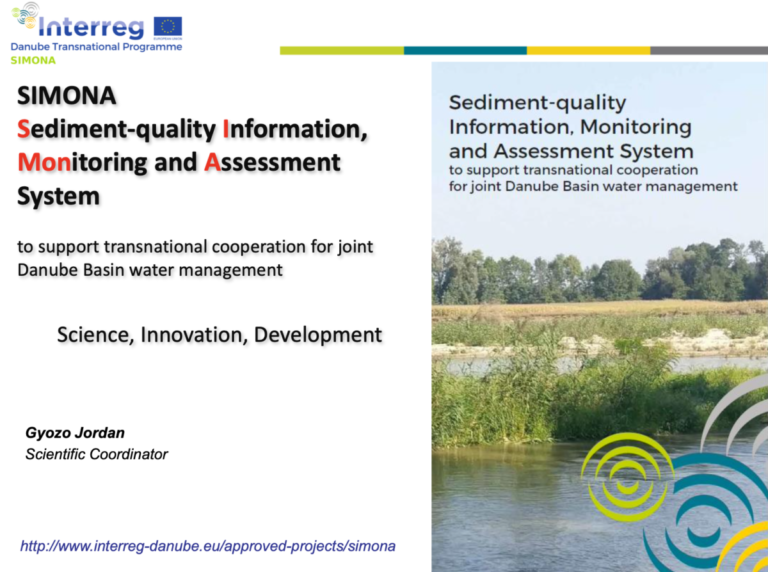
Item 9. NaCC Supporters Newsletter January 2022
Please click here for the latest NaCC (Navigating a Changing Climate) Newsletter.
This is the first newsletter since the NaCC transferred from the oversight of PIANC to Resilience Shift.
Please click here for more information about the NaCC
Item 10. Flyer for JNGCGC2022
Please click here for the flyer for French National days for Coastal & Civil Engineering.
Even if the flyer is written in French, all communications (and abstracts) can be written in English and the oral presentation also given in English.
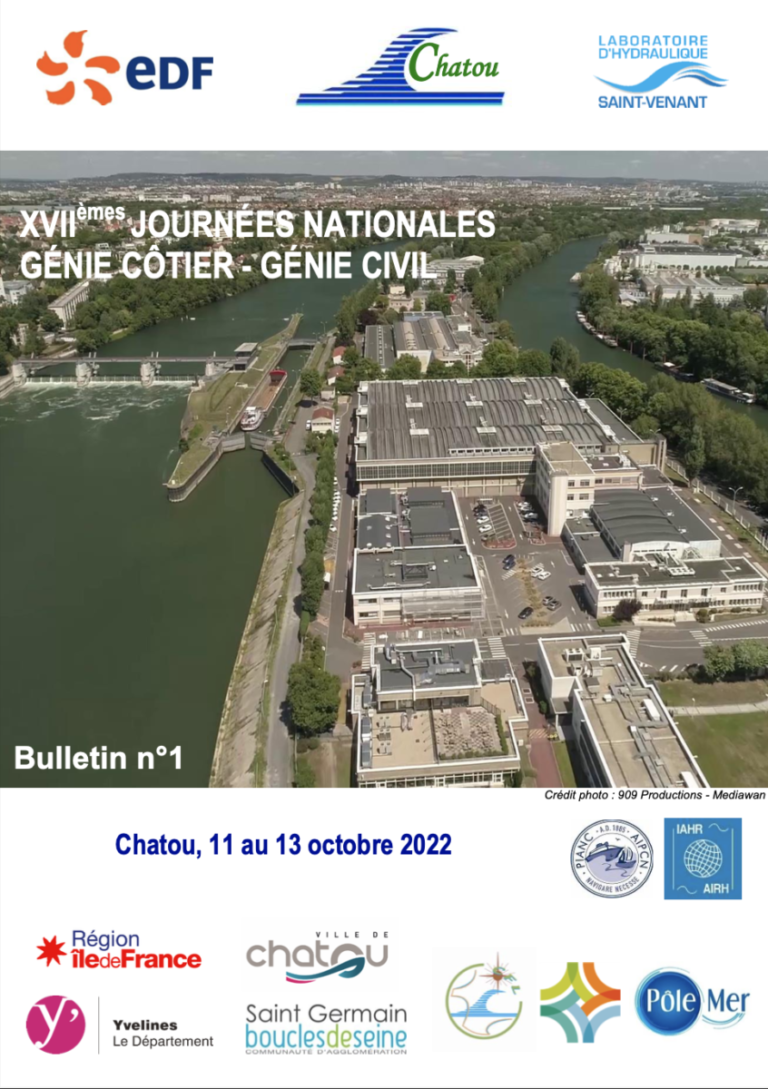
Item 11. SedNet Secretariat
Marjan is on a well-deserved retirement. The secretariat is now run by Nan Su and Chayenne van Dijk since January 2022. If you want to contact the secretariat of SedNet, please send an e-mail to secretariat@sednet.org. In order to get a better impression of the new secretariat of SedNet, please have a look at our previous e–news.
